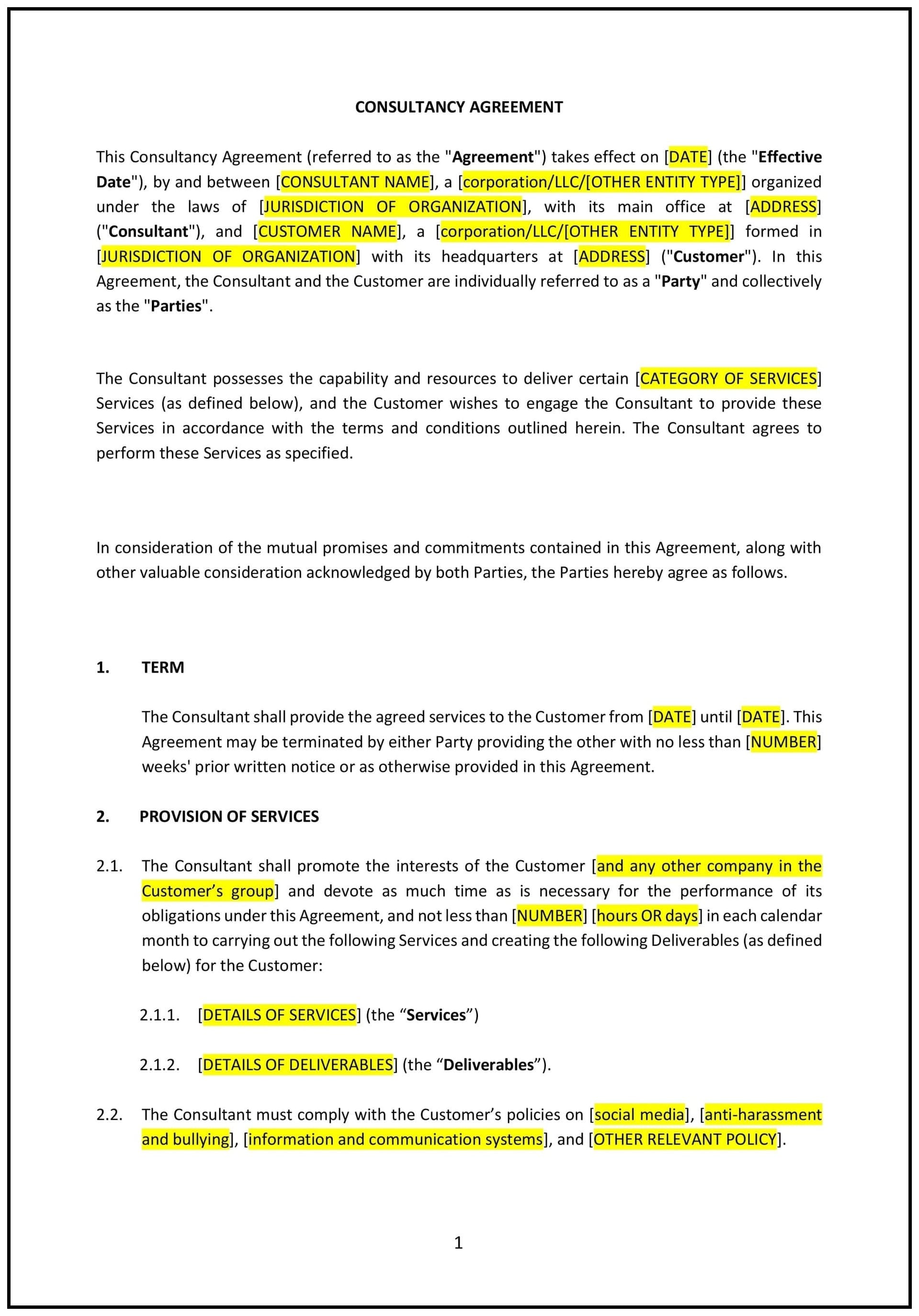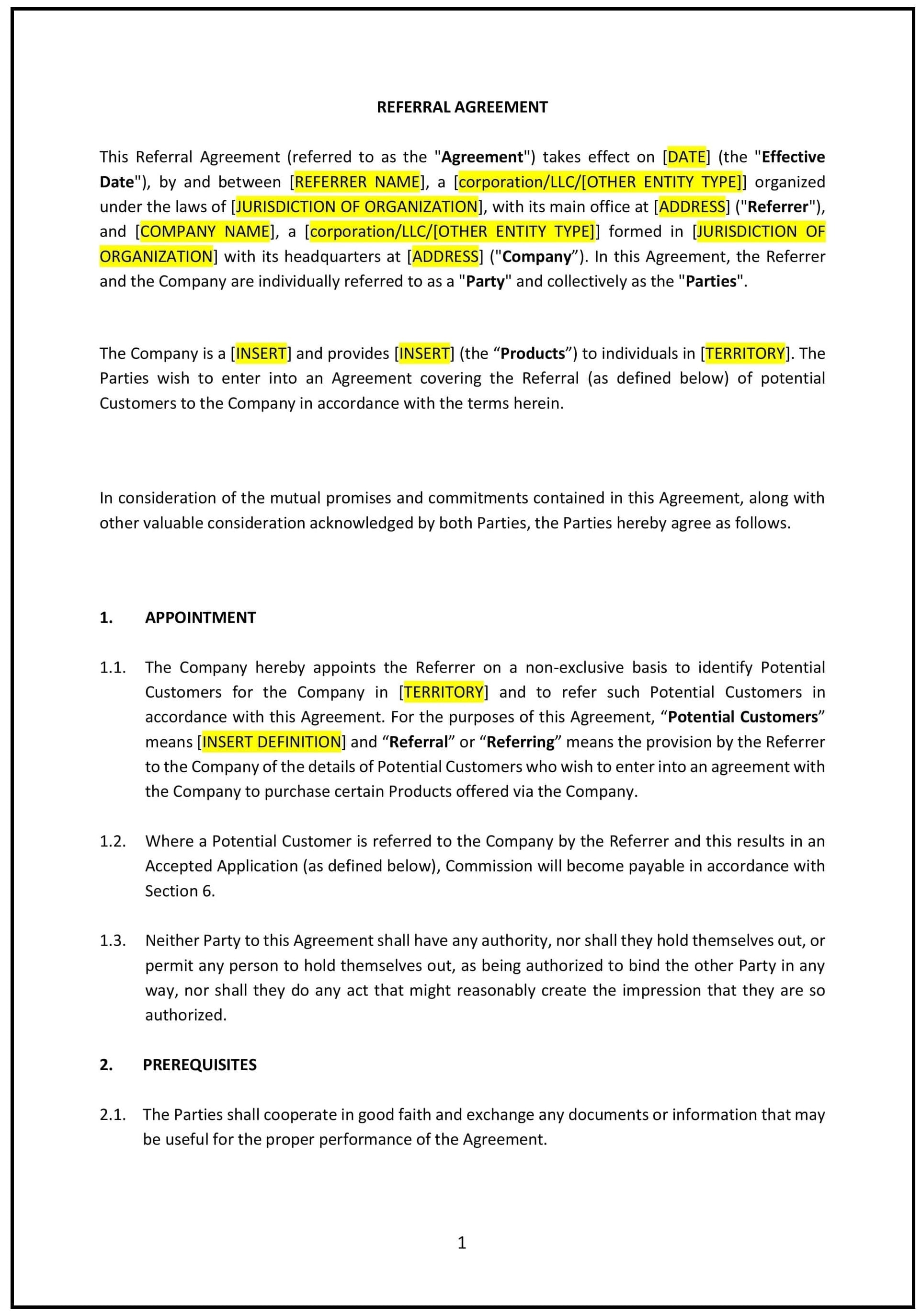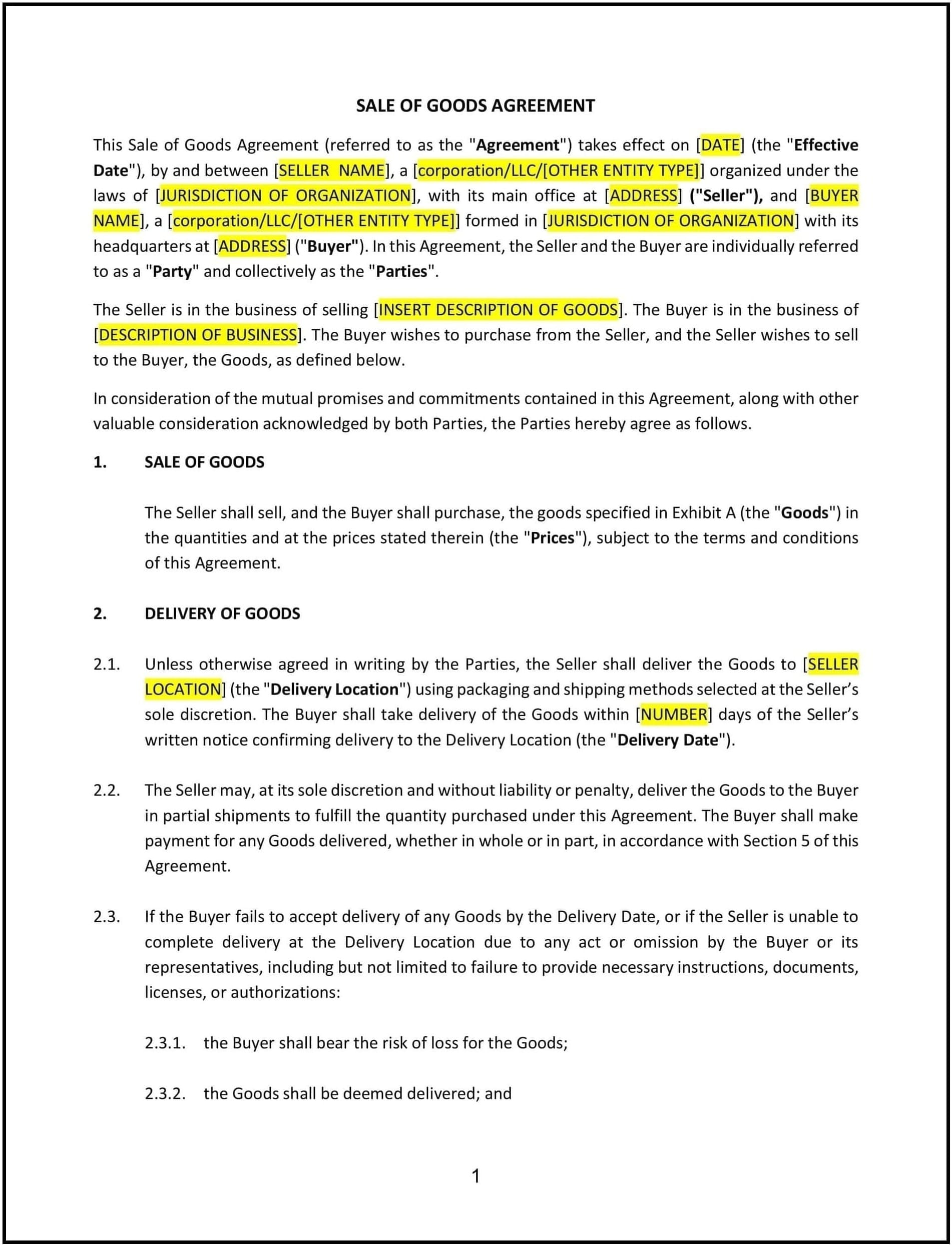Website Development Agreement (Maryland): Free template
Website Development Agreement (Maryland)
A Website Development Agreement is a legally binding contract between a website developer and a client, outlining the terms and conditions for the design, development, and delivery of a website. In Maryland, this type of agreement is commonly used in industries like technology, retail, healthcare, tourism, and professional services to ensure clear expectations and accountability.
This agreement ensures that both parties understand their obligations, including project timelines, payment terms, intellectual property ownership, and dispute resolution mechanisms. For example, a small business in Baltimore might use a Website Development Agreement to hire a developer to create an e-commerce site, while a healthcare provider in Annapolis might use it to build a patient portal. A well-drafted Website Development Agreement protects both the developer and the client by minimizing misunderstandings and fostering trust.
Tips for drafting and maintaining a Website Development Agreement in Maryland
- Define the scope of work clearly: Specify the services to be provided, including design, development, testing, and maintenance. For example, outline whether the agreement includes SEO optimization, mobile responsiveness, or ongoing support.
- Example: “The Developer agrees to design and develop a fully functional e-commerce website for the Client, including integration with a third-party payment gateway and mobile responsiveness.”
- Include detailed payment terms: Outline the payment structure, whether fixed-price, hourly, or milestone-based. Specify invoicing procedures, payment deadlines, and any penalties for late payments. For instance, state that payments will be made in three installments: 30% upfront, 40% upon completion of the design phase, and 30% upon final delivery.
- Example: “The total cost of the project is $15,000, payable in three installments: 30% due upon signing this agreement, 40% due upon approval of the design mockup, and the remaining 30% due upon final delivery of the website.”
- Address intellectual property ownership: Ensure that the client owns the final website and its content, while the developer retains ownership of any pre-existing tools or code used. Include clauses that transfer ownership upon full payment.
- Example: “Upon full payment, all rights, title, and interest in the website and its content shall be transferred to the Client. The Developer retains ownership of any pre-existing tools, templates, or code libraries used in the development process.”
- Include termination clauses: Specify the conditions under which either party can terminate the agreement, such as breach of contract or failure to meet deadlines. Outline any payments due upon termination.
- Example: “Either party may terminate this agreement with 30 days’ written notice if the other party fails to fulfill its obligations. In the event of termination, the Client shall pay the Developer for all work completed up to the date of termination.”
- Comply with Maryland laws: Ensure the agreement adheres to Maryland’s contract laws and any industry-specific regulations. For example, if the website collects user data, ensure compliance with privacy laws and regulations, such as the Maryland Personal Information Protection Act (PIPA).
- Tip: If the website involves e-commerce or collects personal information, ensure compliance with both federal and Maryland-specific privacy laws.
- Regularly review and update: Periodically update the agreement to reflect changes in the scope of work, business needs, or legal requirements. For example, if the client requests additional features, amend the agreement to include these.
- Example: “If the Client requests additional features or services not included in the original scope of work, the parties agree to negotiate an amendment to this agreement, including any additional costs and timelines.”
Frequently asked questions (FAQs)
Q: What should a Website Development Agreement include in Maryland?
A: It should include the scope of work, payment terms, intellectual property ownership, termination clauses, and compliance with Maryland laws. Additionally, it should specify how disputes will be resolved.
Q: How does Maryland law impact Website Development Agreements?
A: Maryland follows federal contract laws but also enforces state-specific regulations, such as the Maryland Personal Information Protection Act (PIPA), which may apply if the website collects user data. Businesses must ensure compliance with both state and federal requirements.
Q: Can a Website Development Agreement be terminated early in Maryland?
A: Yes, if the agreement includes a termination clause, either party can terminate the contract with reasonable notice. The terms should specify any penalties or payments due upon termination, ensuring fairness for both parties.
Q: What industries commonly use Website Development Agreements in Maryland?
A: Industries like technology, retail, healthcare, tourism, and professional services frequently use Website Development Agreements in Maryland. For example, a retail business might hire a developer to create an e-commerce site, while a healthcare provider might build a patient portal.
Q: How can businesses ensure compliance with Maryland laws in Website Development Agreements?
A: Businesses should work with legal professionals to ensure their agreements comply with Maryland’s contract laws and privacy regulations. Regularly reviewing and updating the agreement is also essential to maintain compliance.
Q: What happens if one party breaches a Website Development Agreement in Maryland?
A: If one party breaches the agreement, the other party may have the right to seek damages, enforce remedies outlined in the contract, or pursue legal action. Including clear breach and enforcement clauses helps mitigate risks.
Q: Are there specific privacy laws in Maryland that impact Website Development Agreements?
A: Yes, Maryland has enacted privacy laws such as the Maryland Personal Information Protection Act (PIPA), which requires businesses to protect personal information collected online. If the website involves e-commerce or collects sensitive data, compliance with PIPA and other applicable privacy laws is essential.
Q: Can intellectual property ownership be negotiated in a Website Development Agreement in Maryland?
A: Yes, intellectual property ownership can and should be negotiated in the agreement. Typically, the client owns the final website and its content upon full payment, while the developer retains ownership of pre-existing tools or code libraries used during development. This should be clearly stated in the agreement.
Q: How are disputes resolved under a Website Development Agreement in Maryland?
A: Disputes can be resolved through negotiation, mediation, or arbitration, as specified in the agreement. The agreement should indicate that Maryland law governs the contract and specify the jurisdiction for resolving disputes, such as Baltimore or Annapolis.
Q: Is it necessary to include maintenance and support terms in a Website Development Agreement?
A: While not mandatory, including maintenance and support terms is highly recommended. These terms outline the developer’s responsibilities for post-launch updates, bug fixes, and technical support, ensuring ongoing functionality and reducing potential conflicts.
Q: Can additional features or changes to the project scope be added after signing the agreement?
A: Yes, but any additional features or changes to the project scope should be documented through an amendment to the original agreement. This ensures that both parties agree on the new terms, including additional costs and timelines.
This article contains general legal information and does not contain legal advice. Cobrief is not a law firm or a substitute for an attorney or law firm. The law is complex and changes often. For legal advice, please ask a lawyer.


